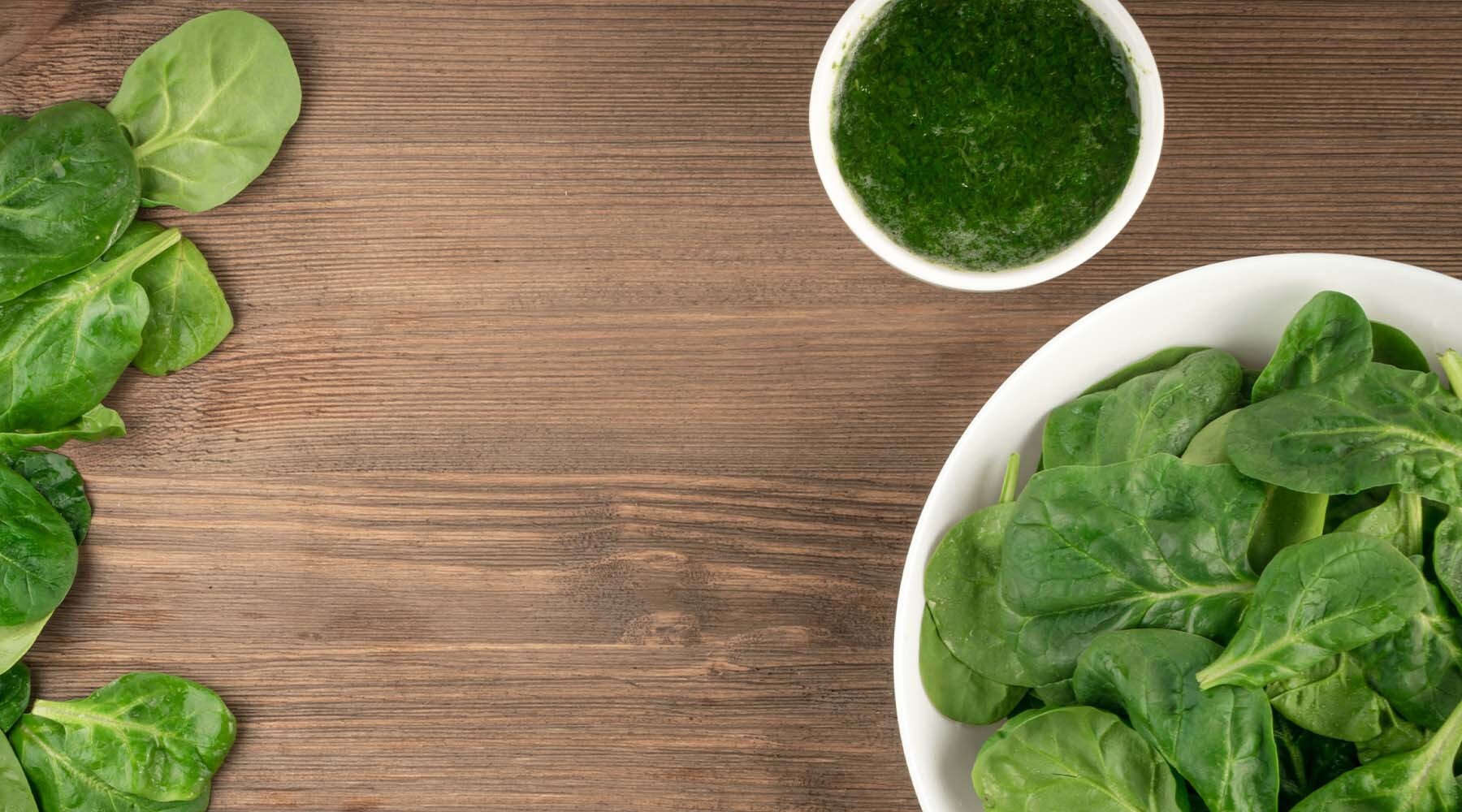
How does the protein content of spirulina compare to that of spinach?
Introduction:
In the realm of nutrition, the perpetual quest for optimal health often leads us to explore the benefits of various superfoods. Spirulina and spinach are two such nutritional powerhouses that have garnered significant attention for their health-promoting properties. While both offer an array of vitamins, minerals, and antioxidants, recent research suggests that spirulina may hold the edge over spinach in terms of nutritional superiority. Let's delve into the findings and unravel why spirulina emerges as the frontrunner in this nutritional comparison.
Spirulina: Nature's Ultimate Superfood
Spirulina, a type of blue-green algae, has been revered for centuries for its exceptional nutritional content. Recent scientific studies have only served to reinforce its status as a superfood. Here's why spirulina stands out:
- Protein Prowess: Spirulina boasts an extraordinarily high protein content, with protein constituting up to 60-70% of its dry weight. This makes it one of the most protein-dense foods available, surpassing even meat and soybeans. Its protein profile includes all essential amino acids, making it a complete protein source ideal for vegetarians and vegans.
- Iron-Rich: Iron deficiency is a prevalent nutritional concern worldwide, particularly among women and children. Spirulina comes to the rescue with its impressive iron content, offering a highly bioavailable source of this essential mineral. Studies have shown that the iron in spirulina is more readily absorbed by the body compared to iron from plant and animal sources, making it an excellent choice for combating iron-deficiency anemia.
- Antioxidant Arsenal: Spirulina is packed with potent antioxidants, including phycocyanin, chlorophyll, beta-carotene, and tocopherols. These antioxidants help neutralize harmful free radicals, reduce inflammation, and protect against oxidative stress, thereby lowering the risk of chronic diseases such as heart disease, cancer, and diabetes.
Spinach: A Nutritional Powerhouse in its Own Right
Spinach has long been celebrated for its nutritional benefits, earning its reputation as a superfood. However, when pitted against spirulina, its nutritional profile may pale in comparison. Here's a brief overview of spinach's nutritional attributes:
- Rich in Vitamins and Minerals: Spinach is abundant in essential vitamins and minerals, including vitamin A, vitamin C, vitamin K, folate, iron, and calcium. These nutrients play crucial roles in various bodily functions, from supporting immune function to promoting bone health and red blood cell formation.
- Fiber-Friendly: Spinach is an excellent source of dietary fiber, which aids in digestion, regulates blood sugar levels, and promotes satiety. Its fiber content contributes to digestive health and may help lower cholesterol levels, reducing the risk of cardiovascular disease.
- Antioxidant Content: Like spirulina, spinach contains antioxidants such as lutein, zeaxanthin, and beta-carotene, which support eye health, protect against age-related macular degeneration, and boost immune function.
Research Insights: Spirulina Surpasses Spinach
Recent studies have provided compelling evidence supporting the nutritional superiority of spirulina over spinach:
- A study published in the Journal of Agricultural and Food Chemistry found that spirulina exhibited higher antioxidant activity compared to spinach, indicating its greater potential in combating oxidative stress and inflammation.
- Another study published in the Journal of Medicinal Food highlighted the superior iron bioavailability of spirulina compared to spinach, suggesting that spirulina could be a more effective dietary source of iron for improving iron status and preventing anemia.
Conclusion:
While both spirulina and spinach offer impressive nutritional benefits, emerging research suggests that spirulina may outshine spinach in terms of protein content, iron bioavailability, and antioxidant potency. Incorporating spirulina into your diet, whether in powdered form or as a supplement, can provide a concentrated source of essential nutrients that support overall health and well-being. However, it's essential to remember that dietary diversity is key to achieving optimal nutrition, and both spirulina and spinach can complement each other as part of a balanced diet. Whether you're blending spirulina into smoothies or enjoying spinach in salads and stir-fries, harnessing the nutritional power of these superfoods can pave the way towards a healthier, more vibrant life.


